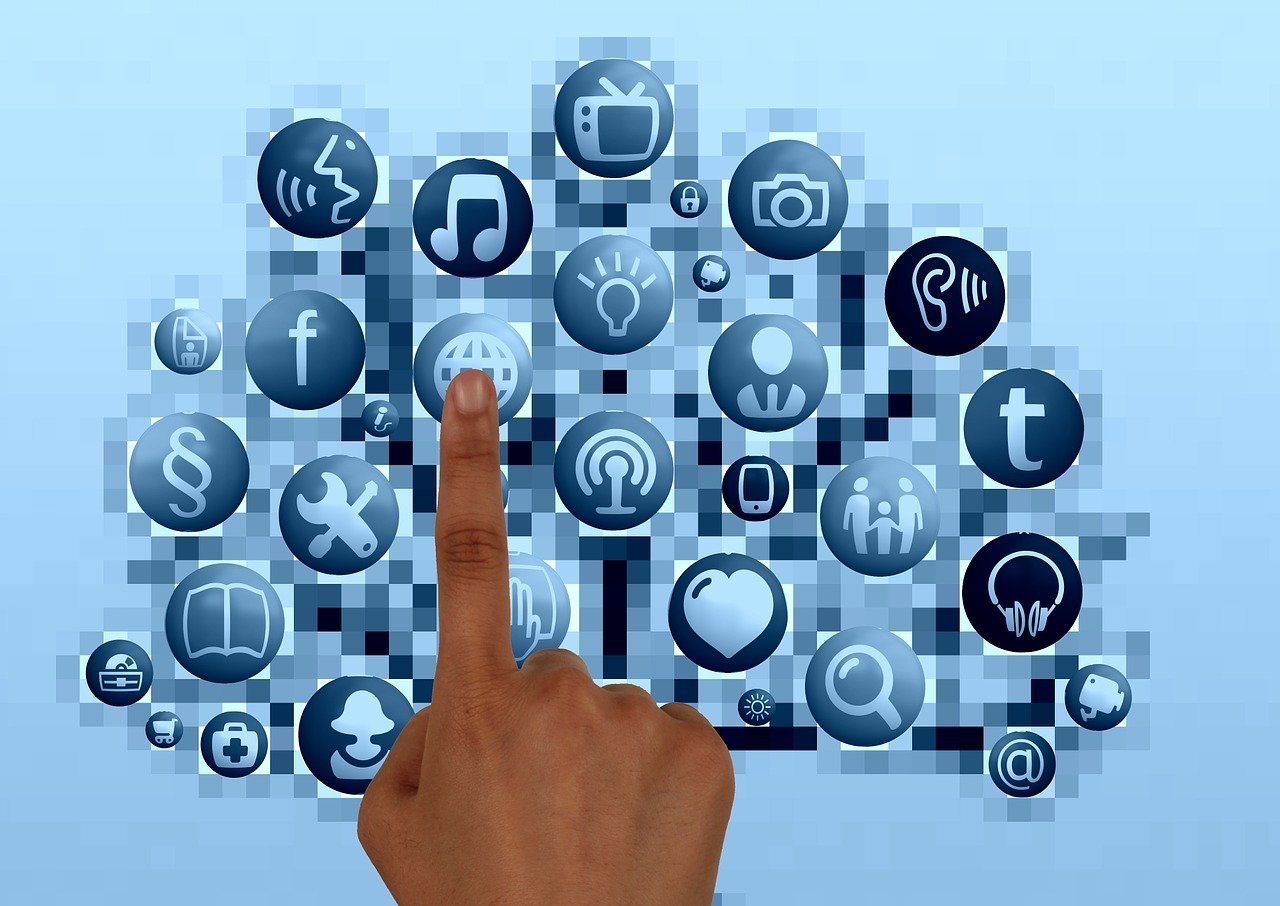What is the use of Artificial intelligence in Social media

The Use of Artificial Intelligence in Social Media
Introduction
Artificial Intelligence has revolutionized numerous industries, and social media is no exception. With billions of users interacting on platforms daily, the sheer volume of data generated is staggering. AI enables social media platforms to analyze this data, providing valuable insights, enhancing user experiences, and optimizing business strategies. This article explores the multifaceted role of AI in social media and showcases some exemplary applications and products leveraging AI.
Transforming User Experiences
One of the most prominent impacts of AI in social media is its ability to enhance user experiences. This is achieved through several innovative mechanisms:
1. Personalized Content Curation
AI algorithms analyze user behavior, preferences, and engagement patterns to curate personalized content feeds. Platforms like Facebook, Instagram, and Twitter use AI to determine which posts, videos, or articles a user is most likely to engage with. For instance:
- Facebook’s News Feed uses machine learning models to rank posts based on relevance and user interest.
- Instagram’s Explore Tab recommends photos and videos tailored to individual preferences by analyzing past interactions.
2. Enhanced Search and Discovery
AI improves search functionality on social media platforms by understanding user intent and context. For example:
- Pinterest’s Visual Search Tool allows users to search for items by uploading images, leveraging AI-powered image recognition.
- YouTube’s Search Algorithm employs AI to deliver precise video recommendations based on keywords, watch history, and trends.
3. Chatbots and Virtual Assistants
AI-driven chatbots provide instant customer support and engagement on social media. These bots understand and respond to user queries using natural language processing (NLP). Examples include:
- Facebook Messenger Bots, which businesses use to answer customer queries, take orders, and provide updates.
- Twitter’s Automated Replies, used by brands to streamline customer service interactions.
Optimizing Content Creation
AI tools have transformed content creation by automating repetitive tasks and enhancing creative workflows:
1. Automated Content Generation
AI systems like ChatGPT and Jasper AI assist marketers in drafting posts, captions, and articles. These tools generate human-like text, saving time and effort while maintaining quality.
2. Video and Image Editing
AI-powered platforms simplify video and image editing. For instance:
- Canva integrates AI features like background removal and smart resizing.
- Adobe Sensei uses AI to enhance photo and video editing by suggesting optimal edits and automating complex tasks.
3. Trend Analysis and Ideation
AI analyzes trending topics and user sentiments to inspire content ideas. Tools like BuzzSumo and TrendSpottr provide insights into viral content and emerging trends.
Enhancing Marketing and Advertising
AI plays a critical role in transforming social media marketing and advertising strategies:
1. Targeted Advertising
AI enables hyper-targeted advertising by analyzing user demographics, interests, and behaviors. Platforms like:
- Facebook Ads Manager use AI to optimize ad delivery, ensuring ads reach the right audience.
- Google Ads employs machine learning to adjust bids and placements for maximum impact.
2. Predictive Analytics
AI tools predict campaign performance and optimize strategies. For example:
- Hootsuite Insights, powered by Brandwatch, forecasts trends and helps tailor marketing efforts.
- Sprinklr leverages AI to provide actionable insights for improving customer engagement.
3. Social Listening and Sentiment Analysis
AI monitors social media conversations to gauge public sentiment. This helps brands understand customer opinions and address concerns promptly. Tools like Brandwatch and Mention excel in social listening and sentiment analysis.
Strengthening Security and Moderation
With the rise of cyber threats and harmful content, AI ensures a safer environment for users:
1. Content Moderation
AI algorithms detect and remove inappropriate content, such as hate speech, fake news, and explicit material. Examples include:
- YouTube’s AI Systems, which identify and remove videos violating community guidelines.
- TikTok’s Content Moderation Tools, which filter out harmful content using machine learning.
2. Fraud Detection
AI helps identify fake accounts, spam, and phishing attempts. Platforms like:
- Twitter use AI to suspend fake profiles and reduce bot activity.
- Instagram employs AI to flag suspicious behavior and prevent account hacking.
3. Privacy Enhancements
AI strengthens user data protection by identifying vulnerabilities and implementing robust security measures. For instance:
- LinkedIn uses AI to safeguard user information from data breaches.
- Snapchat’s AI Systems ensure end-to-end encryption for messages and media.
Revolutionizing Analytics and Insights
AI provides businesses with deeper insights into social media performance:
1. Advanced Analytics
AI-powered analytics tools like Tableau and Power BI analyze engagement metrics, audience behavior, and campaign performance to guide decision-making.
2. Predictive Modeling
AI forecasts future trends and user behavior, enabling proactive strategies. For instance:
- Salesforce Einstein predicts customer preferences and recommends actions to enhance engagement.
- HubSpot’s AI Features offer predictive lead scoring and content suggestions.
Examples of AI in Social Media Products
1. TikTok
TikTok’s success is largely attributed to its AI-driven recommendation engine. The platform’s algorithm analyzes user interactions, such as likes, shares, and watch time, to deliver personalized video content. This ensures users remain engaged, spending more time on the app.
2. Snapchat
Snapchat leverages AI for:
- Augmented Reality (AR) Filters, which use computer vision to create interactive and engaging experiences.
- Content Recommendations, powered by machine learning, to suggest Stories and Discover content.
3. LinkedIn
LinkedIn uses AI to:
- Match job seekers with relevant opportunities through its AI-powered job recommendation system.
- Suggest connections based on professional networks and interests.
4. Spotify
While primarily a music streaming platform, Spotify’s integration with social media showcases AI in action. Its algorithms:
- Recommend playlists based on listening habits.
- Facilitate collaborative playlists for shared social experiences.
5. Reddit
Reddit’s AI tools moderate discussions by identifying spam and inappropriate content. Its personalized feed system ensures users see relevant threads based on their interests.
The Future of AI in Social Media
The integration of AI in social media is poised to grow further, with advancements in:
- Generative AI, creating unique content tailored to user preferences.
- Voice and Video AI, enabling real-time transcription and translation for global accessibility.
- Enhanced Personalization, delivering hyper-relevant experiences to individual users.
AI has become an indispensable part of the social media landscape, transforming how platforms operate, how users engage, and how businesses strategize. From personalized recommendations to advanced analytics and security measures, AI continues to redefine the boundaries of possibility. As technology evolves, the synergy between AI and social media promises a future of innovation, efficiency, and enhanced connectivity.





